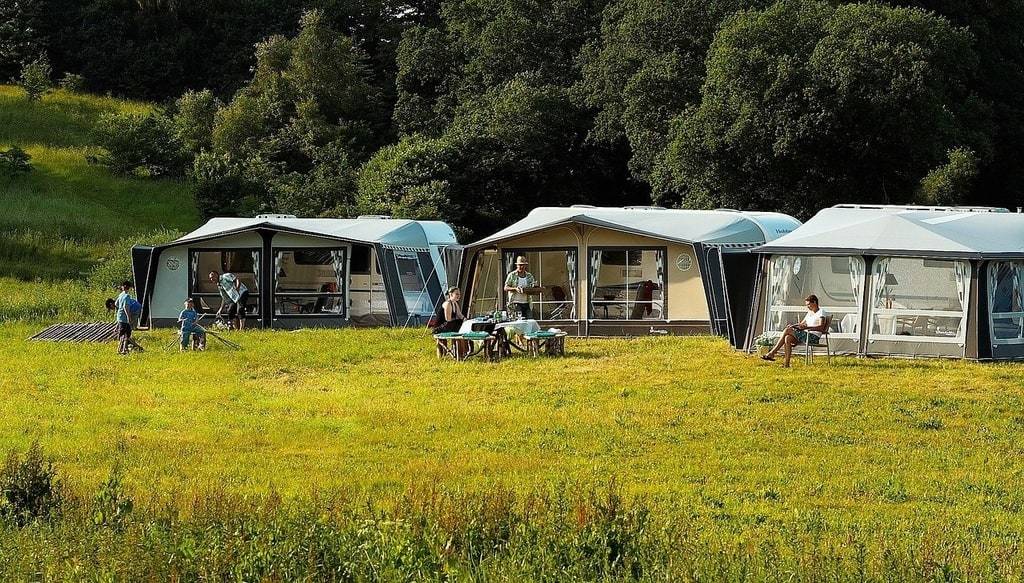Essential survival skills for outdoor enthusiasts
Venturing into the great outdoors offers a thrilling escape from the daily grind, but it also presents unique challenges that require a specific set of survival skills. Whether you are an experienced hiker, a weekend camper, or a novice explorer, understanding and mastering these essential techniques can mean the difference between a successful adventure and a perilous situation. Here, we delve into the critical survival skills every outdoor enthusiast should know.
Key Survival Skills for Outdoor Enthusiasts
One of the fundamental aspects of surviving in the wilderness is having a well-rounded skill set that can address various situations. These skills not only enhance your outdoor experience but also ensure safety and preparedness in unforeseen circumstances.
Building a Shelter
Having a reliable shelter is essential for protection against the elements. Whether you are dealing with rain, snow, wind, or sun, a good shelter can shield you from harsh weather conditions and help maintain your body temperature. Knowing how to build different types of shelters using available materials, such as leaves, branches, and tarps, is a critical skill. Practicing shelter-building techniques in various environments can prepare you for unexpected situations.
Finding and Purifying Water
Water is vital for survival, and knowing how to locate and purify it is a skill that cannot be overstated. Streams, rivers, lakes, and even plants can be sources of water. However, natural water sources often contain pathogens that can cause serious illness. Techniques such as boiling, using water purification tablets, and portable filters are effective ways to ensure the water you consume is safe. Additionally, learning how to collect rainwater or dew can be lifesaving in dry environments.

Navigating the Wilderness
Getting lost is a common risk for outdoor enthusiasts, making navigation skills incredibly valuable. Mastering the use of a map and compass, understanding topographical features, and recognizing natural landmarks can help you stay on track. In the absence of these tools, techniques such as using the position of the sun and stars, following water sources downstream, and reading animal tracks can guide you back to safety.
First Aid Knowledge
Injuries and medical emergencies can occur anytime in the wilderness. Having a comprehensive first aid kit and knowing how to use it is essential. Basic first aid skills, including treating cuts, sprains, and fractures, and recognizing signs of hypothermia, heat stroke, and dehydration, can prevent minor issues from becoming life-threatening. Taking a certified first aid course tailored for outdoor scenarios can provide practical knowledge and confidence in handling emergencies.
Fire Starting Techniques
Fire provides warmth, cooking capabilities, and a sense of security. Starting a fire in adverse conditions, such as wet weather, requires practice and knowledge of different methods. Traditional techniques include using flint and steel, matches, and lighters. More advanced methods, such as friction-based techniques like the bow drill or fire plow, are invaluable when conventional tools are unavailable. Collecting and storing dry tinder and kindling can ensure you are always prepared to build a fire.
Foraging for Food
Understanding which plants, fruits, and fungi are safe to eat can supplement your food supplies and provide necessary nutrition. Knowledge of local edible plants and their seasons, as well as basic hunting and fishing skills, can be crucial in extended survival situations. Always avoid consuming unknown plants or animals, as they may be toxic.
Incorporating these skills into your outdoor activities can be immensely beneficial. Here’s a quick reference list to help you remember these essential survival techniques:
- Build a variety of shelters using natural materials.
- Locate and purify water from different sources.
- Navigate using maps, compasses, and natural indicators.
- Perform basic and advanced first aid.
- Start fires with traditional and friction-based methods.
- Forage for safe and nutritious food.
Maintaining Mental Fortitude
Surviving in the wilderness is not just about physical skills; mental resilience plays a significant role. Staying calm and composed in stressful situations helps in making rational decisions and conserving energy. Mental fortitude can be developed through regular exposure to challenging outdoor activities, mindfulness practices, and understanding the psychological aspects of survival.
Adapting to the Environment
Different environments present unique challenges. Whether you are in a dense forest, a desert, or a mountainous region, adapting to your surroundings is essential. This includes dressing appropriately, understanding local wildlife, and knowing how to find resources specific to the area. Continuous learning and adaptation enhance your ability to thrive in diverse conditions.
Practicing Your Skills
Regular practice of survival skills ensures that you are always prepared for any situation. Participate in workshops, join survival training courses, and engage in outdoor activities that challenge your abilities. The more you practice, the more proficient and confident you become, increasing your chances of a successful and safe adventure.
Developing and honing these survival skills equips you with the knowledge and confidence to handle the unpredictable nature of the great outdoors. Whether you are embarking on a short hike or a long expedition, these techniques will serve as your foundation for a safe and enjoyable experience.
